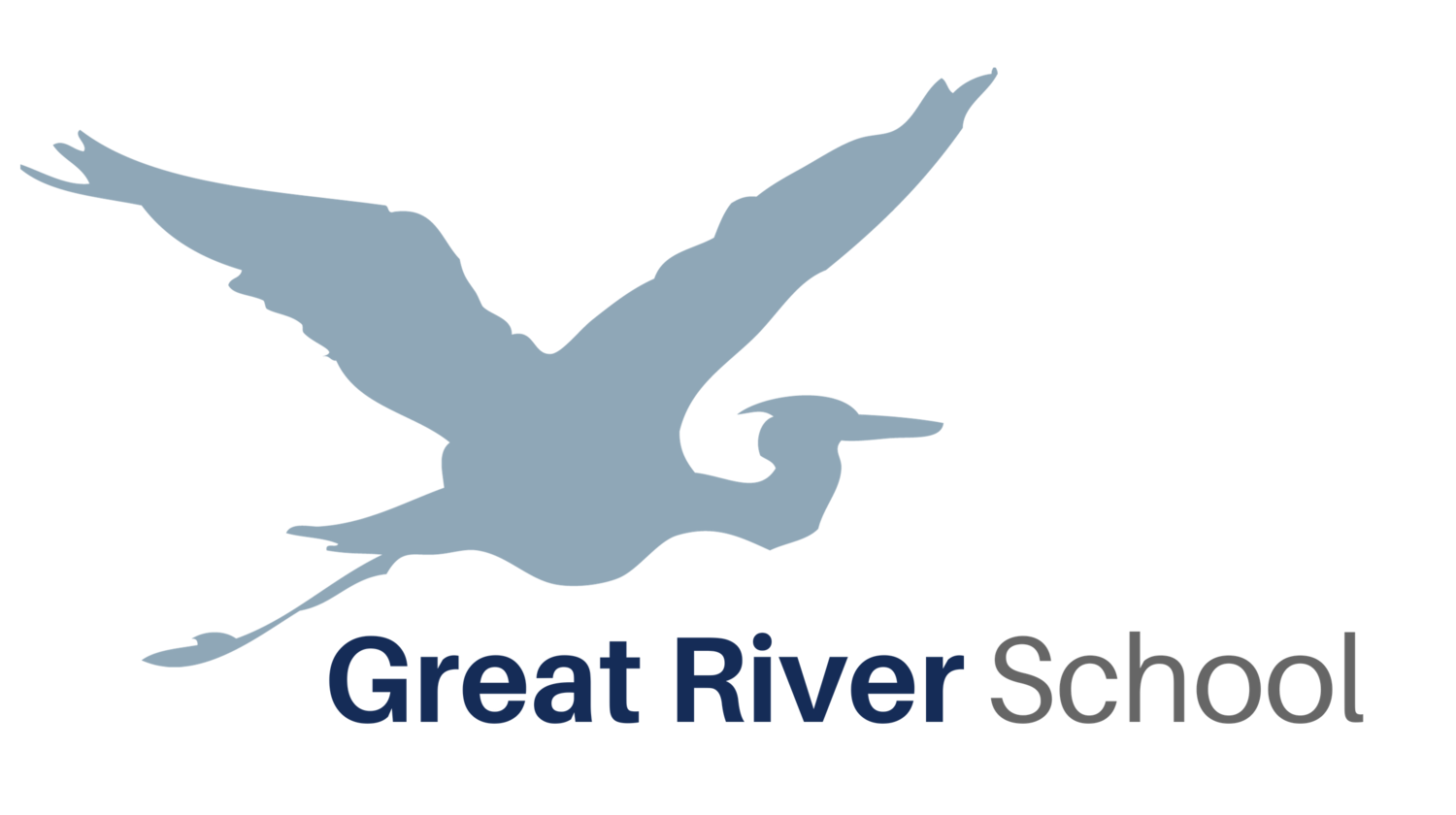Hello dear community of families ~
In the midst of these cold days, we are warm with the work of wrapping up the midpoint of our school year. Our first semester comes to a close this week, slightly delayed by the historic 4-day weather closure of local schools. We keep all our families in mind when we make a decision to cancel school, and we have you in our thoughts wishing for safety and security on days as cold as we witnessed.
We are entering a time of year too when we often revisit our social contracts in classrooms and in our community meetings. These agreements are the norms we expect from ourselves and each other. Often these agreements determine how we expect to be treated, and how we commit to treat each other. The foundations of our academic success derive from creating a set of agreements that allow every student at school to know they are necessary in the community, and that they have a duty to uphold the dignity of others.
We know that there are strong correlations between these social contracts and our student outcomes. Students at Great River report higher than average measures of security, support and belonging at Great River as compared to the typical school. (We compare ourselves to other schools using research-based standard measures such as the Olweus survey.) Students answer questions such as “How many adults do you trust?” “How many classmates can you go to with a problem and know that they will help?” “Do you know peers who will intervene if they see bullying?”
We talk often at Great River across the age groups about being an upstander. (The opposite approach of “bystander”.) This “upstander” term is widely used in violence and bully-prevention work internationally. Being an upstander means speaking and acting to stop situations where the social contract is being violated. Respecting self, work, community, and the environment means acting with purpose when someone or some thing is being degraded or treated poorly.
When we look at our school and the data, it’s clear to us that being above average in the categories of belonging, trust, and responsibility are good, but they are just a start. It is our understanding that mean-spirited language will be heard at our school, and it is how we prepare ourselves to act that counts. We prepare to react, to de-escalate, and to speak up. We prepare to speak with respect when we hear disregard. We prepare to speak with love and assertiveness to demand respect.
This is work that is hard, and is not about holding hands with everyone or simply being “friends” with everyone. This is work that must be echoed in the home to resonate - and it requires a simple but diligent attention to how we as adults role model healthy behaviors for our children. Below are links to several documents that we use with our students and families to explain how we begin a practice of healthy behaviors that are signatures of disrupting disrespect.
Expected Healthy Behaviors poster primarily used in elementary programs.
(and a similar poster for 7th&8th year students and families)
These behaviors are indicators of an internal emotional life that tolerates others, that celebrates differences, and that demands that we are not treating our relationships like something to be traded, hoarded, or pressured. It’s important for adults to keep an eye on phrases like “best friend” or any identifying of someone who is “worst” or being excluded. There are ways that we (as adults) can reinforce a vibrant emotional life for our students by encouraging the behaviors of inclusion, of patience, and of good boundaries with our children. These healthy behaviors will pay dividends for them in the long run of life.
Next month: a few stories on how these behaviors are a practice in self-interest, and how these healthy behaviors result in biological longevity, hormone balance, more dynamic adult temperament, and flexibility that will serve our children in their profession and personal lives as adults.
Be well all!
Sam
